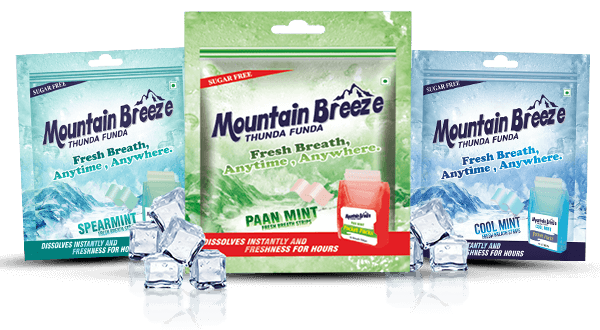Popular items that fight bad breath and give a pleasant feeling are mouth fresheners. Even if they have a lot of advantages, it’s important to be informed of any possible hazards before using them. We’ll look at several common mouth freshener hazards in this blog post, along with safety tips to help you use them sensibly.
1. Common Risks:
Tooth Decay: Many mouth fresheners contain high levels of sugar or artificial sweeteners, which can contribute to tooth decay and cavities if consumed excessively.
Allergic Reactions: Some individuals may be allergic to certain ingredients found in mouth fresheners, such as menthol, peppermint, or artificial flavors, leading to allergic reactions like itching, swelling, or difficulty breathing.
Digestive Issues: Certain ingredients, such as artificial sweeteners or flavoring agents, may cause digestive discomfort or trigger gastrointestinal problems in sensitive individuals.
Alcohol Content: Some mouth fresheners contain alcohol, which can lead to dry mouth and contribute to oral health issues such as bad breath and gum disease if used excessively.
2. Safety Measures:
Read Labels Carefully: Before purchasing a mouth freshener, read the ingredients list carefully to identify any potential allergens or irritants. Avoid products containing ingredients you’re allergic to or sensitive to.
Choose Sugar-Free Options: Opt for sugar-free mouth fresheners to reduce the risk of tooth decay and cavities. Look for products sweetened with xylitol or stevia, which are safer alternatives to sugar.
Practice Moderation: Use mouth fresheners in moderation to avoid overconsumption of ingredients that may pose risks to your health. Limit intake to recommended serving sizes and avoid excessive use.
Monitor Reactions: Pay attention to how your body reacts after using a mouth freshener. If you experience any adverse reactions such as itching, swelling, or digestive discomfort, discontinue use and consult a healthcare professional.
Maintain Oral Hygiene: Mouth fresheners should not replace regular oral hygiene practices such as brushing, flossing, and rinsing with mouthwash. These practices are essential for preventing dental problems and maintaining overall oral health.
3. Alternatives:
If you’re concerned about the potential risks associated with commercial mouth fresheners, there are natural alternatives available. Consider using natural ingredients such as cinnamon, cloves, cardamom, or fennel seeds to freshen your breath without the use of artificial additives or sweeteners.
Mouth fresheners can be useful in fighting bad breath and giving you a pleasant feeling, but there are certain hazards you should be aware of while using them. You may safely use mouth fresheners by exercising moderation, reading labels, selecting sugar-free choices, and keeping an eye on responses, among other safety precautions. If you want to freshen your breath naturally and in a safer way, look into natural options. Always put good dental hygiene first, and see a doctor if you have any negative side effects. You may minimize the hazards to your health and enjoy the advantages of mouth fresheners by using them responsibly and making wise decisions.





